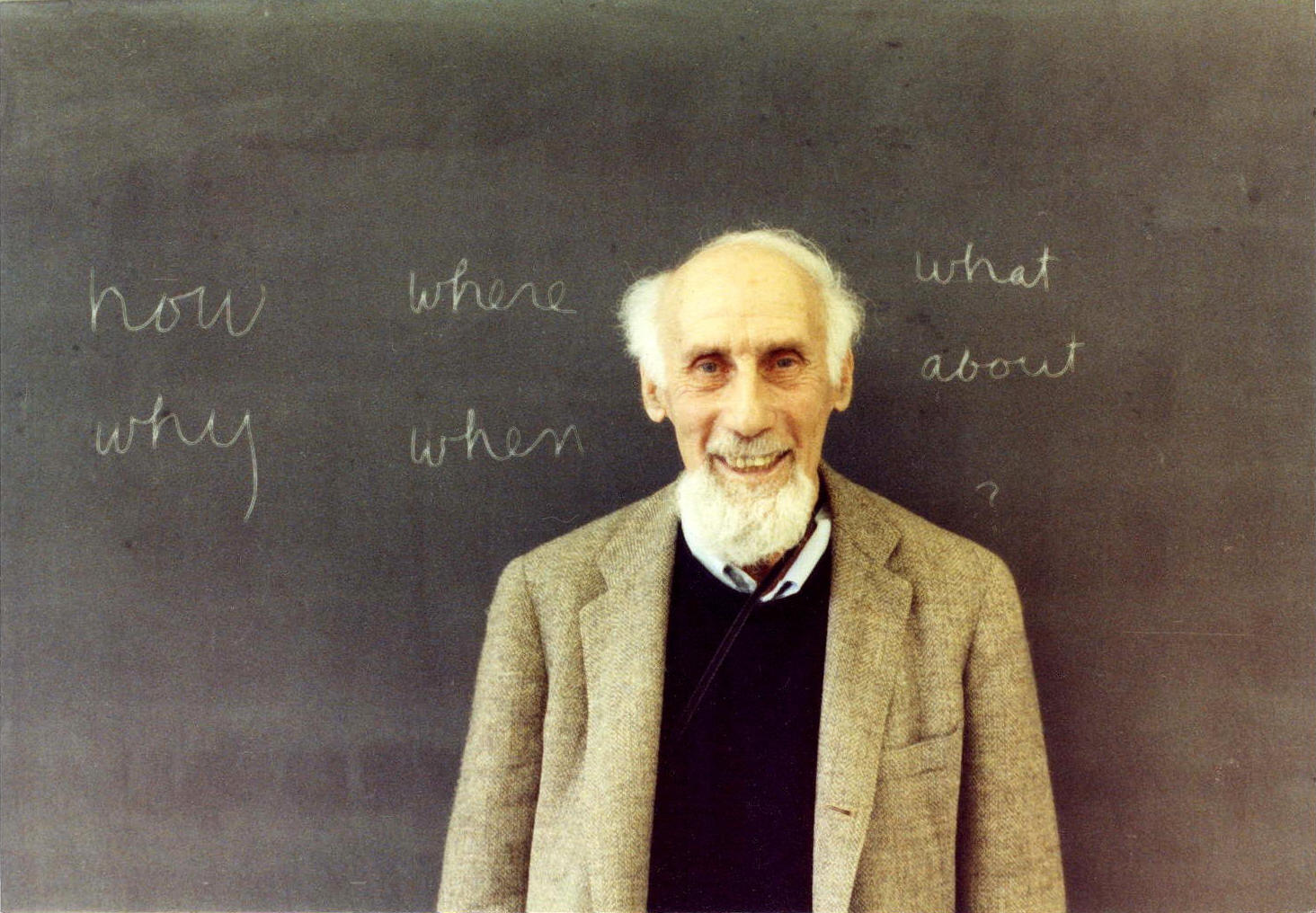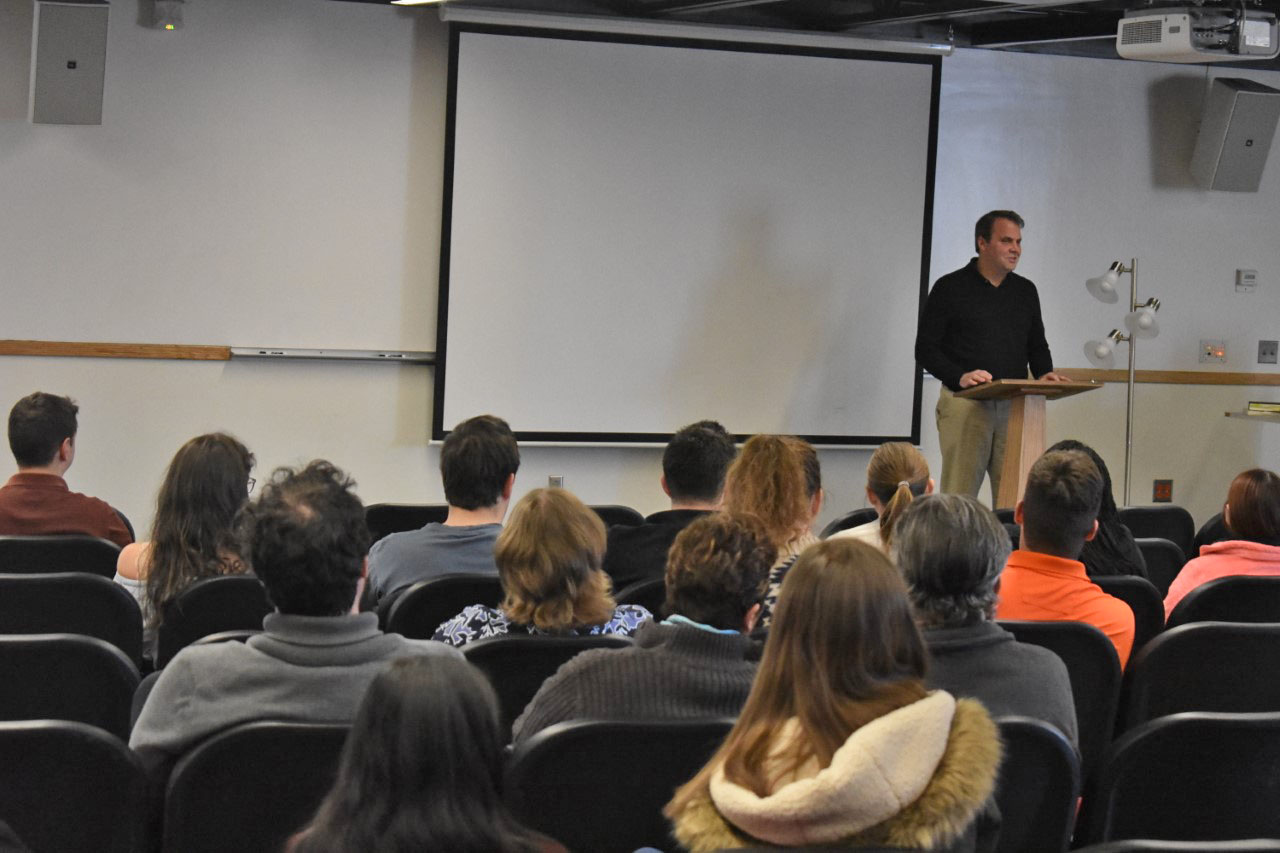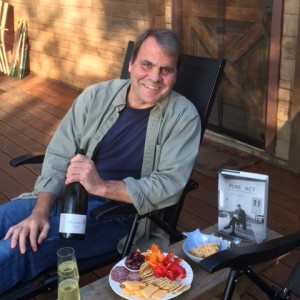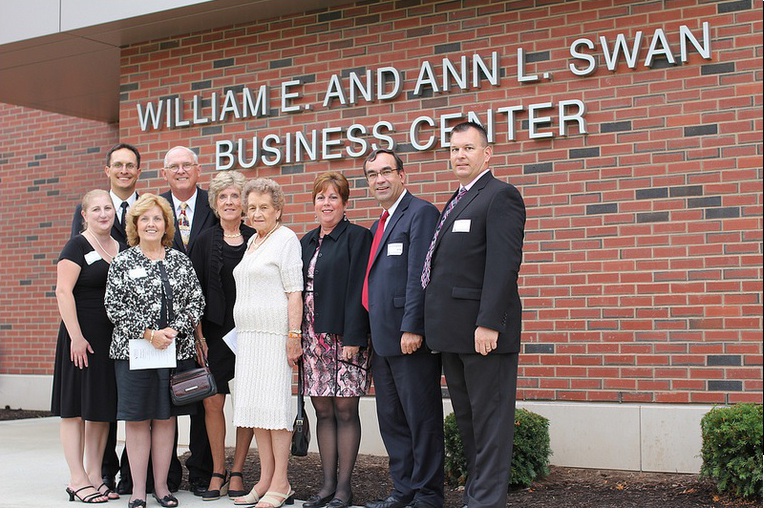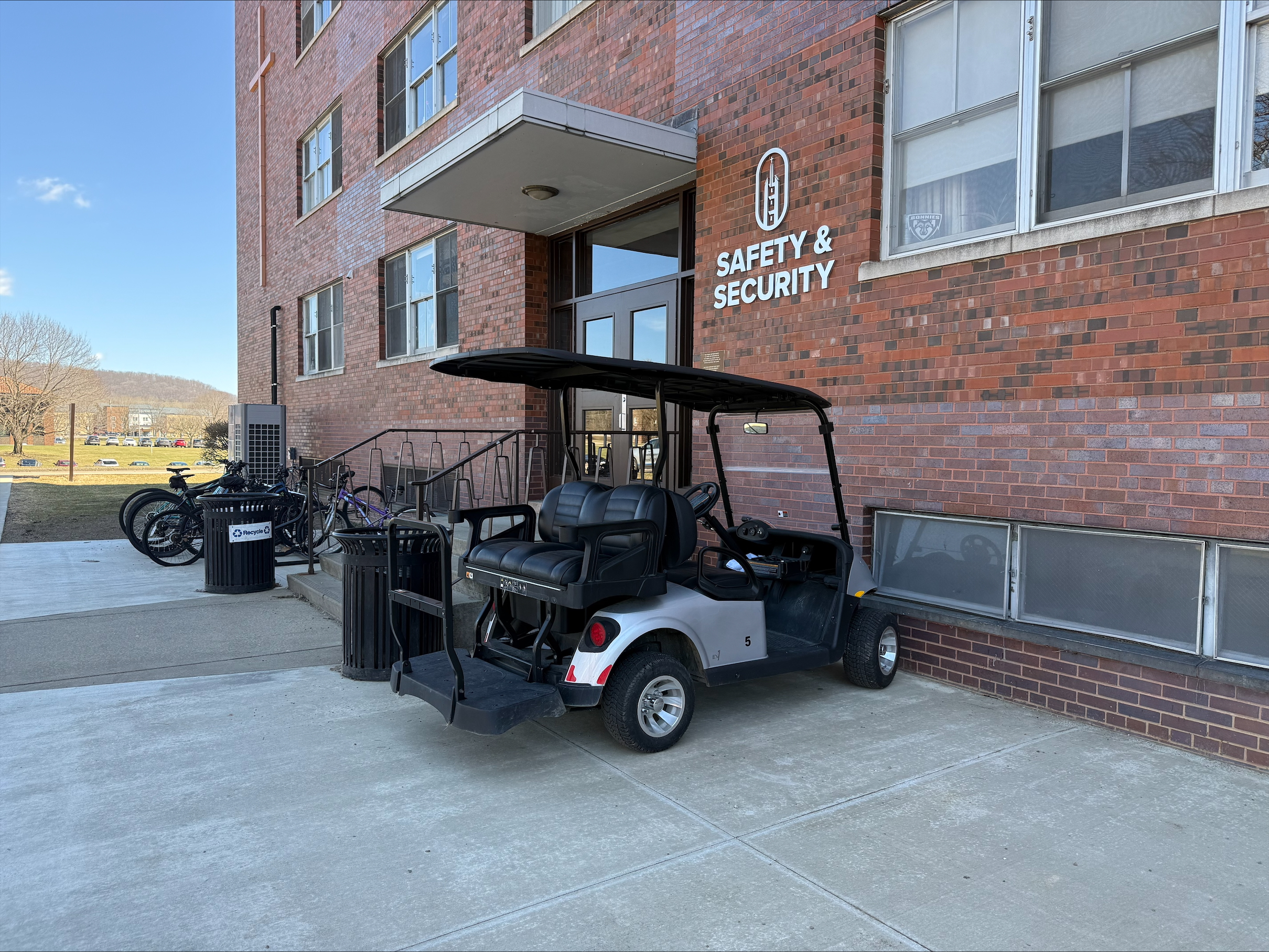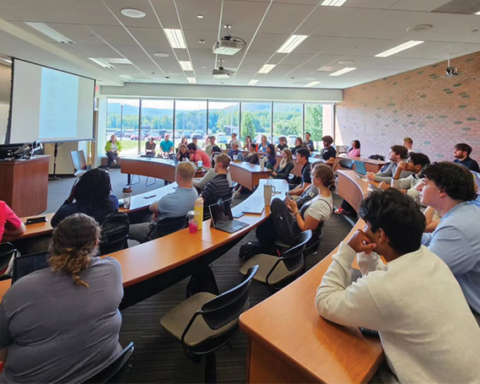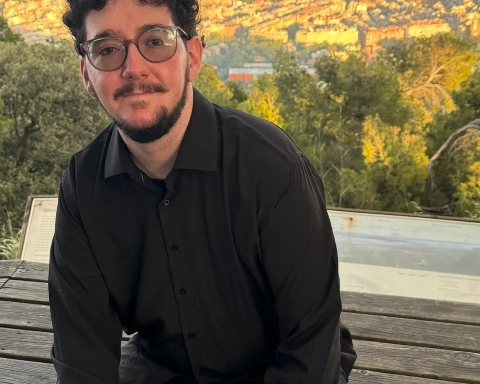By Dominic LoVallo
Managing Editor
St. Bonaventure University is hosting the “Never Abolish Chance: The Concrete Poetry Conference” today and tomorrow on campus.
The president emeritus should get a lot of the credit for the event coming to fruition, because the idea is over a year in the making, said Kaplan Harris, Ph.D. a member of the university’s English department and co-coordinator of the conference along with Lauren Matz, Ph.D.
The first event of the conference’s eight starts today at 1:00 p.m. in the Swan Business Center. Events will be running for the rest of today into tomorrow with the first event on Saturday starting at 9:30 a.m.
“Before Sr. Margaret, O.S.F, retired, she wanted those of us in the English department and in the library and in the special collections to do something to promote the fact that we own the Robert Lax papers,” said Harris. “We have the largest collection of Robert Lax papers in the world. So, that means we have his letters, his manuscripts, his diaries, his journals and those kinds of things.”
One of the speakers at the conference, John Beer, has both worked for Lax and helped edit a book of his poems that is currently being used in Harris’s classes. Beer said he hopes students are enjoying Lax’s poems and that Lax would be happy to hear students are reading his poetry.
According to Beer, Lax’s poetry is a simple yet deep style of art that has a heightened experience when readers spend more time with the work.
“He was really a very singular person in his sort of playfully serious approach to the world,” said Beer. “That does come across in the writing as well, but I don’t think there’s really any other body of work like it in English. And it has a simplicity that most anyone could sort of appreciate what the poems are saying first, but there is also a depth and a complexity to his work that emerges the more you spend time with it.”
Other than the connection to Lax, the conference includes poets from around the world including keynote speakers Evie Shockley and Renee Gladman, along with other speakers like Gregory Betts, Jordan Abel and the Lenna visiting professor Michael N. McGregor who will go into detail on how concrete poetry has manifested in the modern world.
“Personally in terms of how I wanted to make this conference not just any concrete poetry conference, but to kind of give it a theme, I wanted it to both be in remembrance of Lax and to show off the Lax papers, but I also wanted to emphasize new directions that are happening in concrete poetry by poets of color,” said Harris. “While concrete poetry has always been very international, I wanted to decolonize it by spotlighting writers of color.”
The fact that concrete poetry was an international movement in the ‘50s and ‘60s makes it a very important movement in today’s world, said Beer.
“[It] works to cross linguistic and national barriers. I think for obvious reasons it’s something that we should be paying attention to right now.”
Shockley said she is “thrilled for the entire experience this weekend will bring.
“I’m looking forward to it,” said Shockley. “I am excited to hear and see what other poets and poetry scholars are making and thinking about.”
For people who don’t understand what concrete poetry is, Harris said it is something people usually can start to comprehend quickly.
“People are often times intimidated by poetry, and I don’t think necessarily that they need to be,” said Harris. “And one of the things about concrete poetry is that a lot of people have never seen concrete poetry, but they immediately get the concept. They immediately get the idea as soon as you show them a couple of examples.”
According to Harris, students in his art and literature classes came to the realization of how simple the concept of concrete poetry can be.
“[In my class] it was easy for students to imagine, ‘Ahh I can make concrete poetry out of pretzels, noodles, or Jell-O blocks or something like that.’ It’s something that’s very accessible and doesn’t always need a lot of footnotes. It’s accessible but it’s also very complex. It has a complex history that the conference will focus on.”
According to Shockley, there will be many chances for people to visit different talks during the conference and pick and choose which events they want to attend.
“It should be easy to come and go between sessions, so people should feel like they can attend the parts that seem interesting to them, even if they can’t be present for the whole day and a half,” said Shockley.
Western New York has such a rich history in the arts, according to Harris, and having an Olean native like Lax gave the university the perfect reason to display the area’s global effect in the poetry world.
“I think that will be exciting for people to appreciate, or reappreciate if they have appreciated before, just what a vibrant, poetic and radical tradition – a tradition of experimentation – that is really rooted here,” said Harris.
lovalldv15@bonaventure.edu

